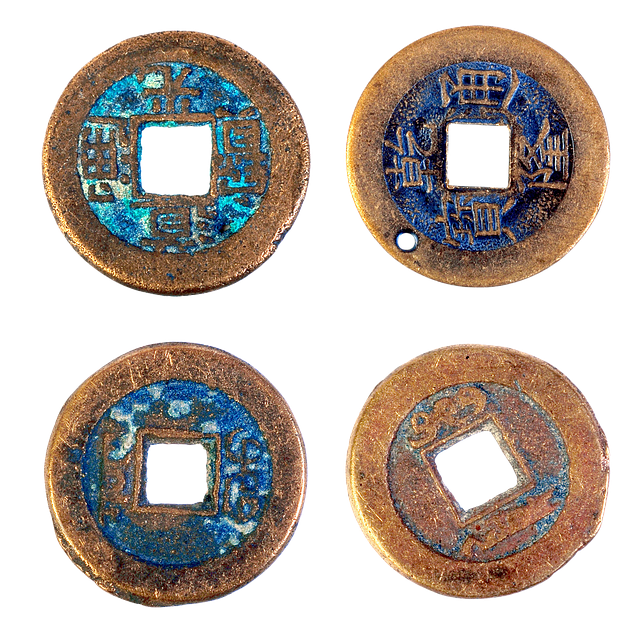Car title loan rollovers offer quick cash but carry significant risks, including vehicle repossession due to late payments, high-interest rates, and potential predatory lending practices. Understanding terms and comparing options with secured loans is crucial to avoid financial strain and loss of ownership. Borrowers can minimize risks by comparing lender rates, setting up automated payments, reviewing contract details carefully, and maintaining regular budget assessments.
In today’s financial landscape, car title loans offer quick cash solutions, but understanding the risks involved in a car title loan rollover is crucial. This article delves into the intricate web of dangers lurking within these short-term loans. From high-interest rates to potential vehicle repossession, we explore the financial implications and hidden pitfalls. Moreover, discover practical strategies to mitigate these risks, empowering you with knowledge to make informed decisions regarding car title loan rollovers.
- Understanding Car Title Loan Rollover Risks
- Financial Implications and Hidden Dangers
- Strategies to Mitigate Potential Pitfalls
Understanding Car Title Loan Rollover Risks

Understanding Car Title Loan Rollover Risks
A car title loan rollover can seem like a quick and easy solution for those needing emergency funds. This type of loan allows borrowers to use their vehicle’s title as collateral, ensuring fast approval and access to cash in as little as a day. However, this convenience comes at a cost. The primary risk involved is the potential loss of your vehicle if you’re unable to repay the loan on time. Late payments or default can result in repossession, leaving you without transportation and potentially damaging your credit score.
Moreover, car title loan rollovers often carry high-interest rates and fees, making them a more expensive borrowing option compared to traditional loans with stricter regulations. The “no credit check” nature of these loans might be appealing, but it also means there’s less oversight, leaving borrowers vulnerable to predatory lending practices. It’s crucial to carefully consider the terms and conditions before agreeing to a rollover, ensuring you have a clear understanding of the entire process and potential outcomes, especially when dealing with such urgent financial needs.
Financial Implications and Hidden Dangers

Car title loan rollovers may seem like a quick fix for urgent financial needs, but they come with significant financial implications and hidden dangers. These loans are secured against your vehicle’s title, meaning you’re essentially pledging your car as collateral. If you fail to repay the loan on time, you risk losing ownership of your vehicle. The longer you extend the loan through rollovers, the more interest you’ll accumulate, leading to a cycle of debt that can be difficult to escape.
While these loans offer flexible repayment options initially, they often trap borrowers in a spiraling debt pattern. Lenders may encourage extensions, not realizing the long-term financial strain it could cause. It’s crucial to understand the loan terms and compare them with other available financial solutions. Secured loans can be an alternative that doesn’t tie up your asset but still offers lower interest rates than unsecured options. Repayment options vary, and exploring these alternatives before opting for a car title loan rollover is essential in avoiding potential financial disasters.
Strategies to Mitigate Potential Pitfalls

To mitigate potential pitfalls associated with a car title loan rollover, borrowers can employ several strategies. Firstly, compare different lenders and their interest rates to ensure you’re getting the best deal. Transparent and competitive loan terms can significantly reduce the overall cost of borrowing. Additionally, consider setting up a direct deposit for your loan payoff; this automates the process, preventing any late payments due to manual transfer errors.
Another effective approach is to thoroughly review and understand the loan terms before agreeing. Knowing your repayment schedule, including interest calculations and any additional fees, can help avoid surprises later on. Regularly reviewing your budget and ensuring you can comfortably meet the loan payoff obligations will also reduce the risk of default, minimizing potential penalties and negative impact on your credit score.
A car title loan rollover can provide temporary financial relief, but it’s crucial to understand the associated risks. By grasping the financial implications, hidden dangers, and implementing strategies to mitigate potential pitfalls, borrowers can make informed decisions to avoid being trapped in a cycle of debt. Prioritizing long-term financial stability over short-term convenience is essential when considering a car title loan rollover.






